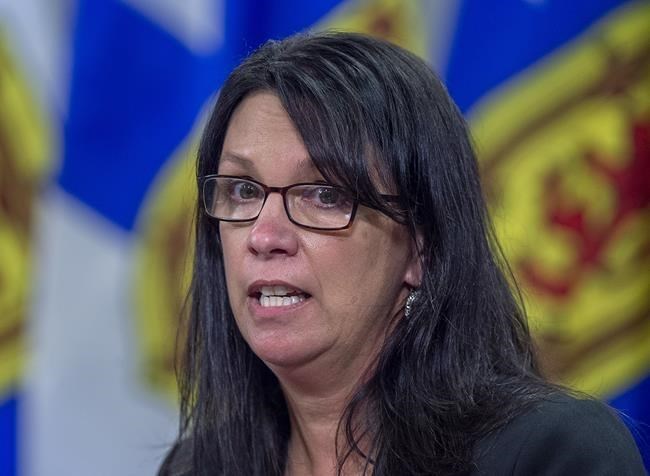HALIFAX — Nova Scotia's elimination of the requirement for multiple medical specialist letters to access gender-affirming surgery is a “big win” for improving transgender health care, the executive director of the Halifax Sexual Health Centre said Wednesday.
Abbey Ferguson said in an interview she is "thrilled" with the change and is eager to tell the clinic's patients that one of the most burdensome parts of the application process to access gender-affirming surgery is gone.
"The process previously has been so convoluted, so many different referrals and so much waiting, just waiting and waiting that doesn't feel justified," Ferguson said.
Gender-affirming care includes hormone treatment and surgery that help people match their physical appearance to their gender identity.
Previously, applicants for gender-affirming surgeries in the province required a mental health assessment letter, a letter of support from a specialist and a third letter from a clinic or family doctor confirming the patient would be cared for post-surgery.
Now, only the mental health letter will be required for those who have surgery in Nova Scotia, and the post-operative care letter will only be needed for people who leave the province for surgery.
For more than a year, Nova Scotia gender advocacy groups and the Halifax Sexual Health Centre have been calling for the change.
Health Minister Michelle Thompson announced the new policy in a statement Wednesday and said she’s heard from Nova Scotians that the process to access gender-affirming surgery, which can take years, is needlessly difficult and comes with “painful delays.”
"This can have a serious impact on their mental health, and it hurts gender-diverse people and their loved ones,” Thompson said.
Nova Scotia has the highest proportion of transgender and non-binary people in the country, according to an April report from Statistics Canada, with one in 200 people 15 and older self-identifying as transgender or non-binary.
Veronica Merryfield, the founder of Cape Breton Transgender Network, said in a statement that "trans, non-binary and gender-diverse people face many hurdles in their journeys before they even access life-saving, gender-affirming health care."
"Removing delays, barriers and simplifying their passage is a welcome step towards easing that unnecessarily difficult journey," she said.
This report by The Canadian Press was first published July 20, 2022.
---
This story was produced with the financial assistance of the Meta and Canadian Press News Fellowship.
Lyndsay Armstrong, The Canadian Press



